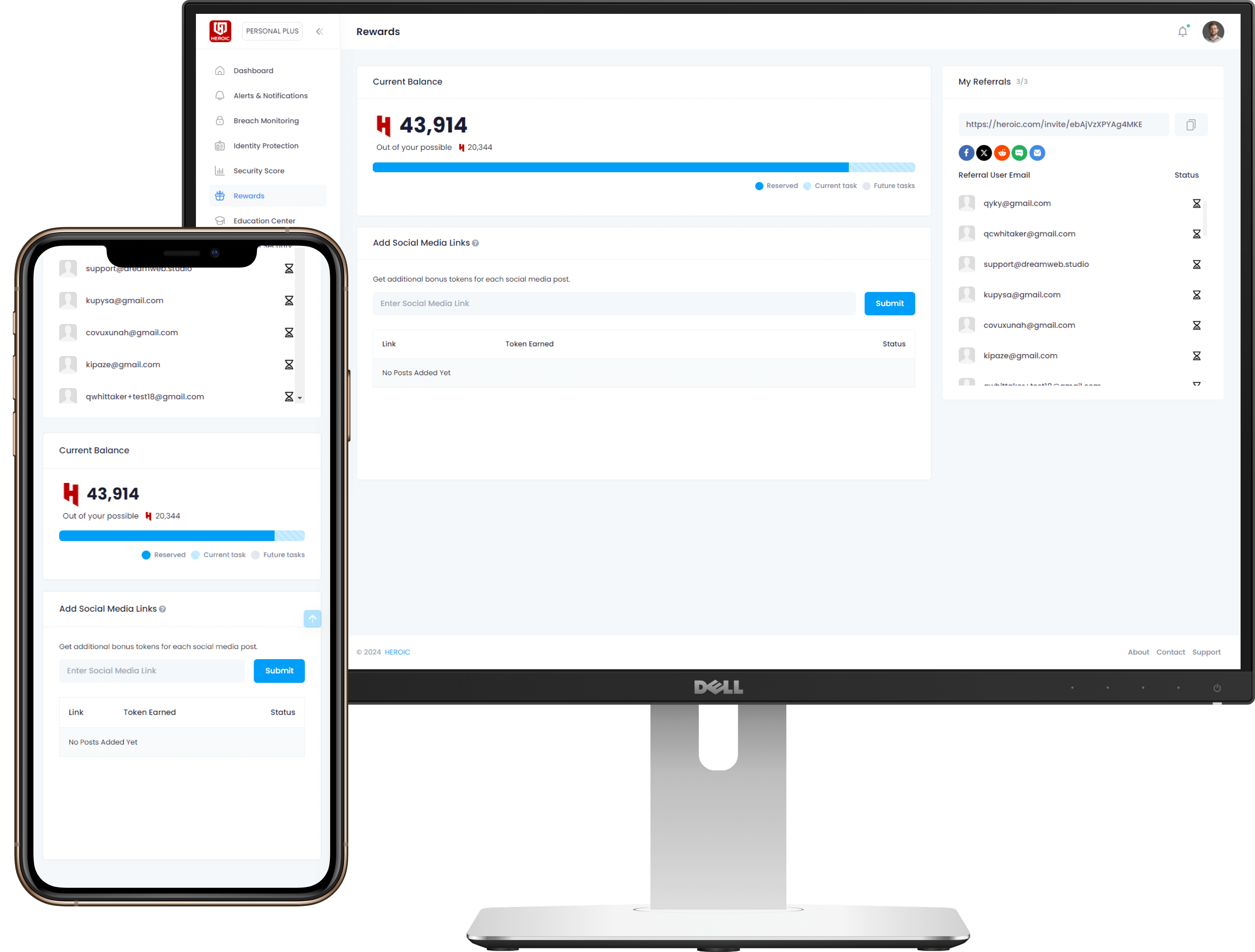
Im286 net
Breach Details
Description
We've been tracking a persistent trend of older, seemingly forgotten databases resurfacing in breach dumps. These often contain legacy credentials and hashed passwords that, while not immediately exploitable, contribute to password spraying and credential stuffing attacks. We recently came across a database labeled **Im286_net_MD5_November_2016**. What struck us was the sheer volume of records for a relatively obscure domain, suggesting either a larger historical user base than initially apparent or a possible aggregation of data from multiple sources under a single banner. The data, while lacking personally identifiable information (PII) beyond usernames and hashed passwords, represents a potential risk to individuals who may have reused those credentials across different platforms.
The Im286.net Breach: Almost Half a Million Accounts at Risk
This breach involves a database dump from the website **Im286.net**, discovered circulating on a prominent breach forum. The database, dated **November 2016**, contains **465,529 records**. While the leak lacks email addresses or other directly identifying information, it includes usernames and MD5-hashed passwords. This is significant because MD5 is considered a weak hashing algorithm, making password cracking a relatively straightforward process for attackers. The database's re-emergence now, years after the initial compromise, highlights the long tail of risk associated with legacy data breaches. Even seemingly outdated information can be weaponized in modern attacks.
Breach Stats
* **Total records exposed:** 465,529
* **Types of data included:** Usernames, MD5-hashed passwords
* **Sensitive content types:** None directly, but passwords can unlock access to other accounts.
* **Source structure:** Likely a database export, format not specified.
* **Leak location(s):** Breach forum (specific URL intentionally omitted for security reasons)
* **Date of first appearance:** Recently resurfaced on the breach forum, original compromise date unknown but predates November 2016.
The lack of email addresses associated with the usernames complicates direct notification of affected users. However, the reuse of usernames across different platforms is a common practice, increasing the likelihood that cracked passwords could be used to compromise accounts on other websites. The persistence of MD5 hashing, even in 2016, is a stark reminder of the slow pace of security upgrades in some organizations. This incident underscores the importance of proactive password monitoring and the need to invalidate potentially compromised credentials, even those derived from older breaches.
Leaked Data Types
None

Get Early Access to the Guardian Platform
HEROIC is close to launching our next-generation platform where you can search, secure, and monitor all of your identities. To be the first in line, simply insert your email and you'll be added to the list

Be the first to know when we launch
Sign Up for Our Newsletter
Email marketing by Interspire



/qr-code.png)